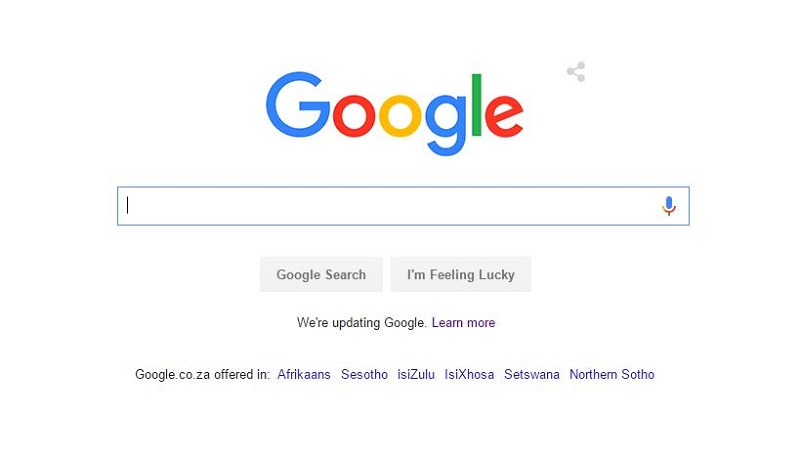The Electronic Frontier Foundation (EFF) has said while there should be no place for hate in today’s society, banning neo-Nazi domains on the internet goes against free speech.
The non-profit, which promotes internet civil rights, said that on the internet, any tactic used now to silence neo-Nazis will soon be used against others, including people whose opinions general society agrees with.
This follows news that Google and GoDaddy have stopped hosting the domain of neo-Nazi site, The Daily Stormer after this week’s horrific events in Charlottesville and the articles written on it by The Daily Stormer.
“Even for free speech advocates, this situation is deeply fraught with emotional, logistical, and legal twists and turns. All fair-minded people must stand against the hateful violence and aggression that seems to be growing across our country,” EFF said.
“But we must also recognise that on the internet, any tactic used now to silence neo-Nazis will soon be used against others, including people whose opinions we agree with. Those on the left face calls to characterise the Black Lives Matter movement as a hate group. In the Civil Rights Era, cases that formed the basis of today’s protections of freedom of speech, the NAACP’s voice was the one attacked,” the group went on.
EFF added that protecting free speech is not something it does because it agrees with all of the speech that gets protected, but does it because it believes that no one—not the government and not private commercial enterprises—should decide who gets to speak and who doesn’t.
The group invoked America’s First Amendment, saying it protects anyone’s right to decide what speech does and does not appear on their platforms.
EFF suggested the Manila Principles on Intermediary Liability to tackle such situations, which, among other principles, suggest that before any content is restricted on the basis of an order or a request, the intermediary and the user content provider must be provided an effective right to be heard except in exceptional circumstances, in which case a post facto review of the order and its implementation must take place as soon as practicable.
“Part of the work for all of us now is to push back against such dangerous decisions with our own voices and actions. Another part of our work must be to seek to shore up the weakest parts of the internet’s infrastructure so it cannot be easily toppled if matters take a turn for the (even) worse. These actions are not in opposition; they are to the same ends. We can—and we must—do both,” EFF said.

